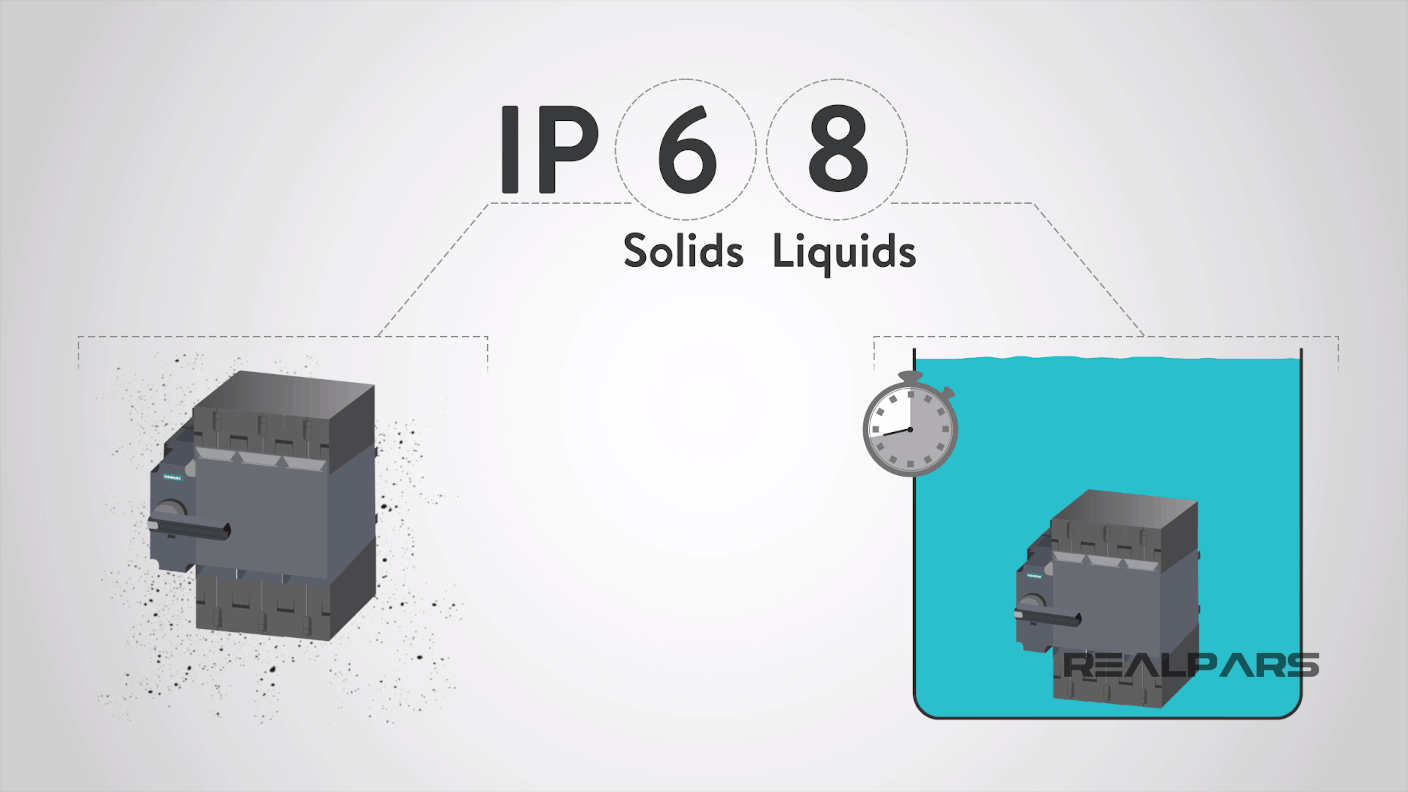When you’re shopping for equipment, electronics, or machinery, you might have come across the term “IP Rating.” But what does it really mean, and why is it so important? Here at Essar Weigh, we believe in helping you understand the key features of the products we offer, and the IP Rating System is one of those essential details that can affect your purchase decision.
Also Read : Best Weighbridge Manufacturers in India
What is the IP Rating System?
The IP Rating (Ingress Protection Rating) is an international standard that defines the level of protection an electrical enclosure provides against the intrusion of solid objects, dust, and liquids. This rating system is critical for ensuring that a device, machinery, or equipment can operate safely in various environments, especially in outdoor, industrial, or rugged settings. The IP Rating system is typically composed of two digits: the first digit refers to protection against solid objects (like dust), and the second digit refers to protection against liquids (like water).
Understanding the Two Digits of an IP Rating
- First Digit: Protection Against Solid Objects (Dust & Particles)
- The first digit in the IP rating refers to the level of protection against solid objects, including dust and dirt.
- This digit ranges from 0 to 6, where:
- 0 means no protection.
- 6 means complete protection against dust ingress, providing a dust-tight seal.
- 0 means no protection.
- If you need equipment that can handle extreme environments with dust, look for a higher first digit, like 6 for maximum protection.
- The first digit in the IP rating refers to the level of protection against solid objects, including dust and dirt.
- Second Digit: Protection Against Liquids (Water Resistance)
- The second digit indicates the protection against water ingress.
- This number ranges from 0 to 9, where:
- 0 means no protection against water.
- 9 means the device is resistant to high-pressure, high-temperature water jets.
- 0 means no protection against water.
- If you’re purchasing equipment that will be exposed to rain, splashes, or even submerged in water, a higher second digit, like 7 or 8, would be preferable.
- The second digit indicates the protection against water ingress.
Common Examples of IP Ratings
To help you get a better understanding, here are some common IP Ratings and their meaning:
- IP44: Protected against solid objects larger than 1mm and splashes of water from all directions.
- IP65: Dust-tight and protected against water jets from all directions.
- IP67: Dust-tight and protected against short-term immersion in water (up to 1 meter deep).
- IP68: Dust-tight and capable of withstanding continuous immersion in water beyond 1 meter deep.
Each of these ratings tells you the exact level of protection a product offers in terms of dust and water resistance, allowing you to choose the right product for your environment.
Why the IP Rating System Matters
The IP Rating is especially important when selecting products that need to withstand harsh conditions, such as in industrial settings or outdoor environments. For example, if you’re purchasing a scale from Essar Weigh for a manufacturing facility, knowing the IP Rating can help you understand whether the scale can endure exposure to dust, water, or chemicals.
For outdoor equipment, IP ratings ensure that products can handle environmental factors such as rain, dust storms, or humidity. Likewise, in more controlled environments like factories or warehouses, equipment exposed to liquids or chemicals can benefit from higher IP ratings, ensuring durability and longevity.
How to Choose the Right IP Rating
At Essar Weigh, we offer a range of industrial weighing solutions, and understanding IP Ratings will guide you to the perfect product for your needs. Here’s a quick guide:
- IP44 or IP54: Ideal for use in indoor settings or mild outdoor environments with minimal exposure to water or dust.
- IP65 or IP66: Suitable for more rugged outdoor conditions with exposure to dust and water jets.
- IP67 or IP68: Perfect for environments where complete protection from dust and the possibility of immersion in water is required, such as in food processing or chemical plants.
Conclusion
Understanding the IP Rating System is crucial for selecting the right equipment, especially when durability and reliability are key to your operations. At Essar Weigh, we ensure that our products meet the required standards, so you can focus on what matters most: getting the job done right. Whether you’re dealing with dust, water, or extreme environmental conditions, the right IP rating can make all the difference in the longevity and performance of your equipment.


